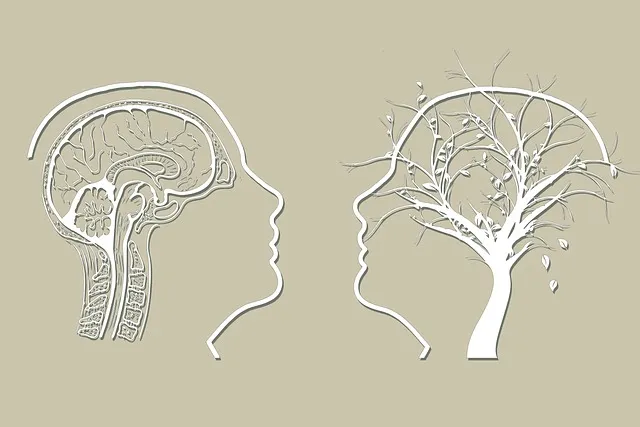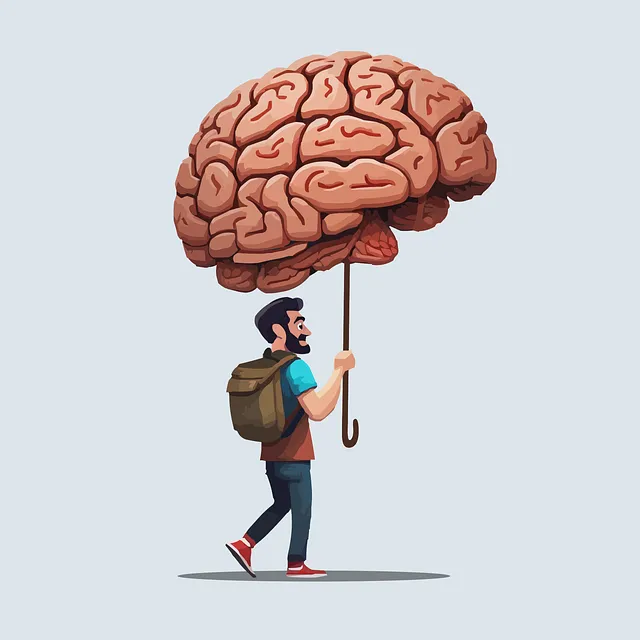Resilience Building (RFM) exercises, integrated into Longmont's accessible Kaiser Mental Health Services, enhance well-being by focusing on adaptability and perseverance. These exercises, addressing symptoms and causes, are crucial for creating a resilient community with improved mental health support. By combining safe environments, team workshops, crisis interventions, and risk management planning, Kaiser offers comprehensive care, empowering individuals to navigate life's challenges effectively.
In today’s fast-paced world, building resilience is key to navigating life’s challenges. One effective framework, RFM (Resourceful Living Model), offers a structured approach to mental health support. This article explores how the RFM can empower individuals in Longmont, CO, to access vital Kaiser Mental Health Services. We’ll delve into practical strategies for implementing resilience-building exercises, providing tools and insights to strengthen mental well-being. Discover how Longmont residents can navigate their mental health journey with confidence, utilizing available resources through Kaiser.
- Understanding RFM and its Role in Mental Health Support
- Longmont: A Resource for Accessing Kaiser Mental Health Services
- Resilience Building Exercises: Practical Implementation Strategies
Understanding RFM and its Role in Mental Health Support

Resilience is a key factor in mental well-being, and Resilience Building (RFM) exercises play a pivotal role in enhancing individuals’ ability to cope with life’s challenges. In Longmont, where access to mental health services through Kaiser is readily available, RFM serves as a valuable tool within the community. This approach focuses on fostering adaptability and perseverance in the face of adversity, which is crucial for managing mental illness effectively. By engaging in structured resilience-building activities, individuals can develop coping strategies that reduce the impact of stress and trauma, thereby mitigating the risk of long-term mental health issues.
The integration of RFM into mental health education programs design aims to address not only the symptoms of mental illnesses but also their underlying causes. This holistic approach, coupled with mental illness stigma reduction efforts, can lead to more successful outcomes for those seeking support. Understanding RFM and its potential benefits is a significant step towards creating a resilient community where individuals have access to the tools needed to navigate life’s difficulties and maintain good mental health.
Longmont: A Resource for Accessing Kaiser Mental Health Services

Longmont residents now have access to enhanced mental health support through Kaiser Mental Health Services. This accessibility is a game-changer for those seeking professional help. The services offered cater to various mental health needs, ensuring individuals can receive tailored care. Whether it’s managing depression prevention, learning empathy building strategies, or mastering conflict resolution techniques, Longmont’s connection to Kaiser provides a robust framework.
By leveraging these resources, the community can foster resilience and build upon their coping mechanisms. The availability of such services highlights a significant step towards improving overall well-being. This initiative promises to make mental health support more inclusive and readily available, benefiting many in need.
Resilience Building Exercises: Practical Implementation Strategies

Resilience Building Exercises play a pivotal role in fostering mental health and well-being, especially within communities like Longmont where access to services through Kaiser can be a reliable resource for individuals seeking support. Implementing these exercises requires a strategic approach that aligns with the unique needs of participants. Mental Health Awareness initiatives should start by creating a safe and supportive environment, ensuring confidentiality and non-judgmental attitudes from facilitators. This encourages honest participation and opens doors for vulnerable individuals to seek help.
For practical implementation strategies, consider integrating these exercises into existing programs or workshops. Crisis Intervention Guidance techniques can be incorporated into team-building activities to enhance group cohesion while teaching valuable coping skills. Additionally, Risk Management Planning for Mental Health Professionals is essential in preparing them to handle challenging situations effectively. By combining these approaches, Longmont’s mental health services through Kaiser can offer comprehensive support, empowering individuals with resilience and practical tools to navigate life’s crises.
In conclusion, integrating RFM and resilience-building exercises offers a powerful approach to mental health support. As demonstrated with Longmont as a case study, accessible resources like Kaiser Mental Health Services can play a pivotal role in communities seeking effective strategies for fostering resilience. By implementing practical, evidence-based exercises, individuals and communities can navigate challenges more adeptly, ultimately enhancing overall well-being. For those interested in learning more about accessing mental health services through Kaiser in Longmont, exploring these resources is a step towards building a more resilient future.





